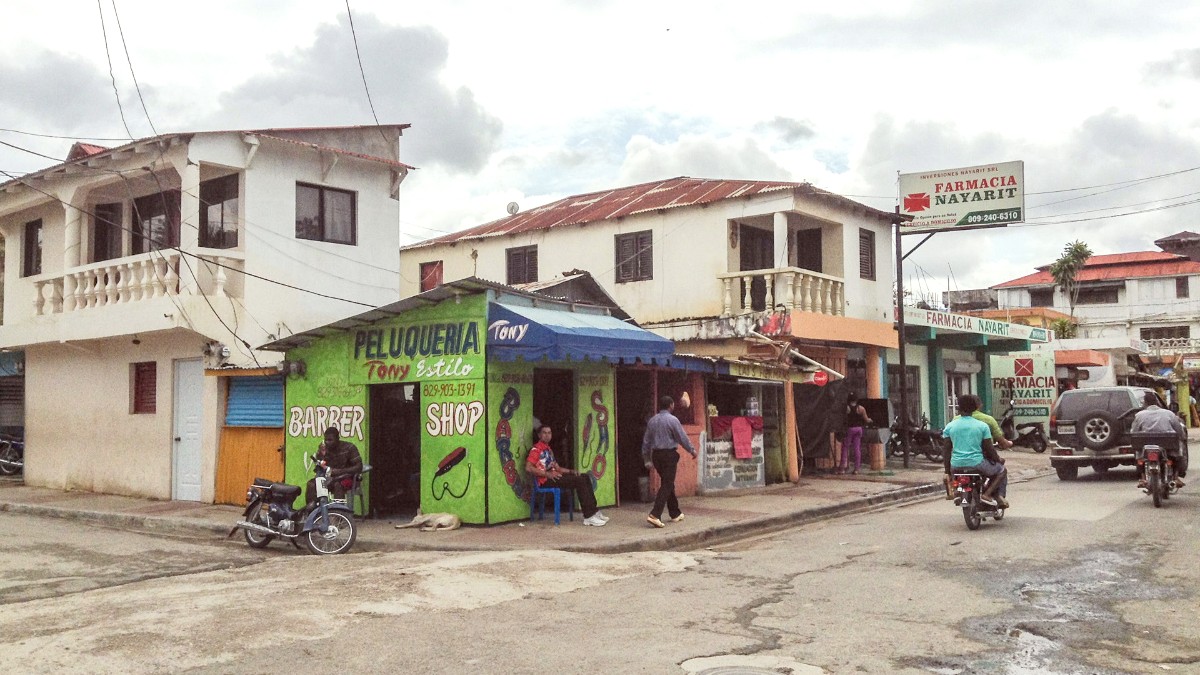
Peninsula De Samana, Dominican Republic
Los Haitises National Park, Marine Protected Areas, and the Whale Sanctuary exemplify preservation efforts for unique ecosystems and diverse wildlife.
Waste management can be a challenge. Minimize your personal waste by using reusable items and always dispose of trash properly.
Water resources can be strained. Be mindful of your water usage by taking shorter showers and turning off taps when not in use.
Choosing eco-friendly options curtails your footprint and supports local preservation.
Significant locations for ecological preservation.
How to make your travel more sustainable.
Choosing tours that align with sustainability.
How your support can further environmental goals.
Reduce your personal waste by using a reusable water bottle and bringing a reusable shopping bag for purchases.
Be mindful of your water usage in accommodations. Take shorter showers, turn off taps, and reuse towels.
Curtail your environmental footprint by carrying a reusable water bottle. Fill it with purified water at most accommodations, minimizing plastic waste.
Respectful engagement deepens your travel experience.
Support local traditions and skills.
How to behave with locals and in various settings.
Your spending choices directly influence the local economy.
Seek tours or experiences that directly benefit local communities. These might include visits to small farms, local cooking classes, or guided tours by residents.
Buy souvenirs and crafts directly from local artisans or from shops that clearly state fair trade practices. Prioritize purchasing locally made products like coffee, cocoa, or Larimar jewelry.
Patronize local "comedores" and family-run restaurants. Choose local motoconchos and small taxi services. Opt for locally-owned guesthouses or private rentals over large chains.
Support local businesses directly. Your spending significantly influences the community's well-being.
Mindful tourism curtails harm and builds positive connections.
Ensure your activities do not exploit animals.
Protect yourself and others.
Your choices significantly influence local communities and environments.
Learn and practice basic Spanish phrases. Show deference to local customs.
Minimize waste and conserve water. Avoid single-use plastics.
Choose local businesses for lodging, food, and transport. Buy authentic local products.
Always prioritize respectful and ethical interactions. Your actions directly influence local communities and environments. Report any suspicious activities to authorities.
Seek out tours that directly benefit local communities; these often channel funds back to residents.